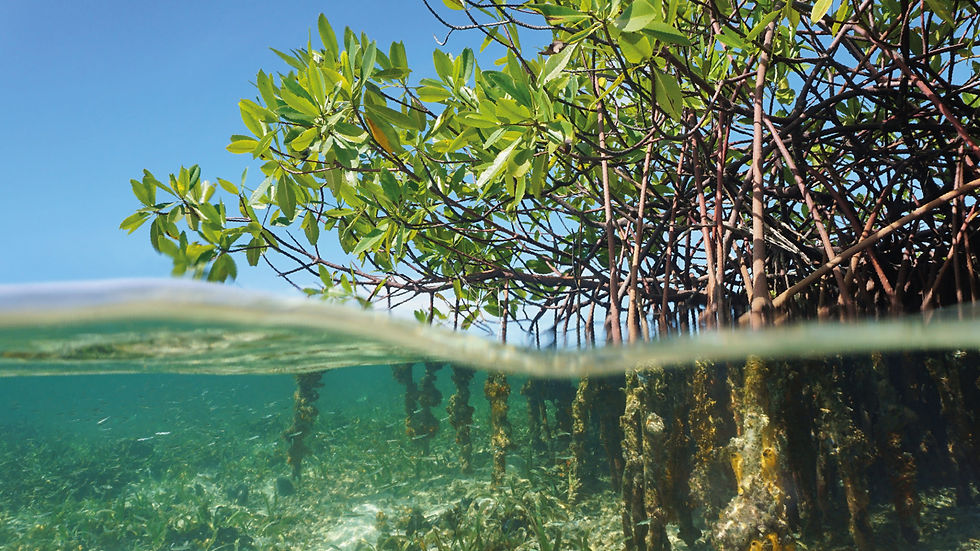Disturbance in Coastal Wetlands: Introduction and Syllabus
- zoeh63
- Nov 29, 2022
- 2 min read
Updated: Aug 29, 2023
Welcome.
Disturbance in Coastal Wetlands is a graduate-level class that is being offered at multiple Universities as a credited class or as part of a class and delivered over Zoom. We will examine common types of disturbance in coastal wetlands (marshes, mangroves, and seagrass beds), such as hurricane sedimentation or wrack smothering.
The class will be structured around a series of weekly lectures during the Fall semester, 2023.
The course will be offered on Tuesdays, 3 pm Eastern Time.
Format: 45 minute lecture, followed by questions.
We suggest local classes can be started early or run late if extra material will be covered (e.g. paper discussions).
Each lecture will cover a different topic and will be given by an invited expert in the field. The lectures will provide a broad introduction to the topic at hand as well as highlight the speaker's own research, providing breadth as well as depth.
The tentative schedule is as follows:
Sep 5. Introduction. Steven Pennings, Zoe Hughes, Merryl Alber and John Kominoski.
Sep 12. Wrack disturbance 1. Experiments. Steven Pennings.
Sep 19. Wrack disturbance 2. Landscape patterns. Merryl Alber.
Sep 26. Sediment deposition (VCR or California) Christopher Hein.
Oct 3. Herbivore disturbance. Sinead Crotty.
Oct 10. Headward-eroding creeks. Zoe Hughes.
Oct 17. Creekbank slumping. Giulio Mariotti.
Oct 24. Marsh dieback. Jim Morris.
Oct 31. Ice erosion and ice rafting. Danika van Proosdij.
Nov 7. Hurricanes 1. Mangroves and Harvey. Anna Armitage.
Nov 14. Hurricanes 2: Impacts to Atlantic and Gulf coasts. Duncan FitzGerald
Nov 21. Hurricanes 3. Synthesis. Christopher Patrick.
Nov 28. Freezing and mangroves. Kyle Cavanaugh.
To receive updates about the class please sign up to follow this blog (click on 'All posts' to return to the page with the 'Sign Up' option). If you are interested in running this class at your University, please let us know (spennings@uh.edu, zoeh@bu.edu).

This class has been organized by Steven Pennings (University of Houston) and Zoe Hughes (Boston University) as part of outreach and education efforts funded by NSF through grants to BU, VIMS, and TWI (EAR022987, EAR2022982, EAR2022934) and to the GCE-LTER (OCE1832178).








Comments